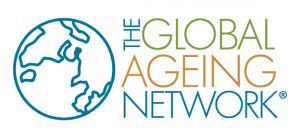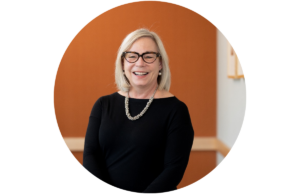U.K. Proposal Exacerbates Workforce Shortage in Ageing Services
Immigration and ageing services may seem like 2 unrelated topics, but the 2 actually heavily depend on each other. Over a year ago, Katie Smith Sloan wrote that the key to filling the tremendous amount of job vacancies in aged-care services in most countries is through foreign-born workers.
Today, many governments continue ignoring those employment gaps in aged-care services, often through restrictive immigration policies. A recent U.K. policy uses a new points-based immigration system that severely underestimates the skill level of care workers, as well as disregards how U.K. policy will harm aged-services employment. The National Care Forum (NCF), comprised of U.K. health and social care providers, along with several other of GAN’s expert members, have responded. They note that the policies are shortsighted.
High-skilled jobs that pay low wages are not “low-skilled” jobs.
This is a misnomer that is costing many countries, including the U.K. good policy. The U.K.claims carer jobs are “low-skilled,” despite the evidence that front-line staff provide high-skill care, because they are paid a low-wage. For example, nursing assistants are required to have a certain understanding of medical training and emotional intelligence that most other jobs do not require.
However, due to the global reality of underfunding care systems, wages have not caught up with staff skill levels. NCF supports the high-skills required in this underpaid field. We cannot automate human care, we need people.
The New York Times reports that the British government “is trying to alter the composition of the migrant workforce, tilting it toward people with greater skills.” These new rules ignore the number of vacancies currently available, as well as the fact that providers train their own staff. NCF proposes a solution to use the points-based system to award extra points for care worker roles and give a 3-year visa for care workers.
The new U.K. rules only amplify immediate staffing issues.
NCF says that restricting immigration will not fix low wages or fill job vacancies. Restricting immigration will only make it harder to recruit. One of the Global Ageing Network’s members, Donald McCaskill CEO of Scottish Care, spoke to BBS Scotland, noting that the U.K. government had “not listened” to concerns and the new rules would put the entire care sector at risk of existence.
Concerns with recruitment are felt in the U.S. as well. There are thousands of vacancies for nurses and nursing assistants and few applicants for most jobs. Home health aides and personal care aides were projected to be in the top 4 fastest growing U.S. occupations between 2016-2026. If these roles are not filled now, imagine how serious the worker shortage there will be with fewer native-born workers than ever before in the U.K., U.S., Canada, and Ireland.
Worker shortages will heighten global women’s issues.
As the new UK policies get implemented, the issue will become a heightened global women’s issue. Carers, the majority of whom are women, are already a largely unrecognized part of the labor force. Without carers, elder care systems crumple. Worker shortages will limit the number of slots available for older adults to access care, which means more people would have to quit their jobs to serve as caretakers for their loved ones. The burden of care will transition from paid to unpaid workers. Globally, that means women will lose on wages, exacerbating an already large pay gap.
The issues the U.K. faces span 5 continents. GAN’s immediate past Board Chair anticipated the unpredictability of the global rise in nationalism on the care economy. He said the shortage of trained staff in developed countries calls for a global solution, often impeded by political leanings. GAN will continue to draw attention to these issues and seek solutions. One thing is absolutely clear – there is no quality care without a quality workforce, whether in the U.K., the U.S. or elsewhere.






